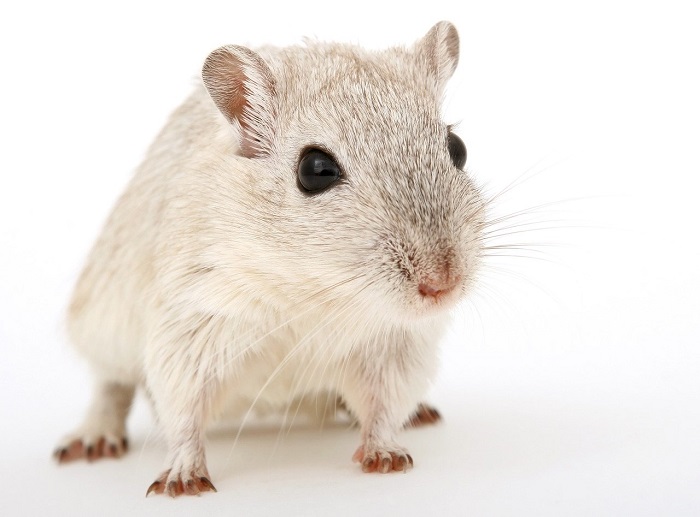 While you may just assume rodents are a nuisance and nothing else, that’s not the complete story. Unfortunately, pests can endanger your home and family. Even the cutest, furry squirrel can wreak havoc to your property in a short amount of time. Here are the top reasons why you should keep your home and property free of unwanted critters.
While you may just assume rodents are a nuisance and nothing else, that’s not the complete story. Unfortunately, pests can endanger your home and family. Even the cutest, furry squirrel can wreak havoc to your property in a short amount of time. Here are the top reasons why you should keep your home and property free of unwanted critters.
Rodents Have Sharp Teeth
Have you ever owned a hamster or gerbil? If so, then you can probably picture their long teeth. And if you ever had the displeasure of getting bit, you know exactly how sharp these teeth are. Well, it’s not just household pets with sharp teeth. The truth is that all pests have teeth, and they’re not afraid to use them.
Venturing too close to a frightened or defensive rat, raccoon, or possum may result in a bite. If you don’t seek immediate medical care, you may find yourself with a severe infection on your hands. Unlike humans, rodents don’t practice oral hygiene, so their mouths are full of harmful bacteria.
Furthermore, these sharp teeth can also damage your property. Mice are capable of chewing up electrical wiring in the walls. If you don’t catch an infestation soon enough, you may find yourself in need of both an exterminator and an electrician.
Rodents Cause Allergic Reactions
Everyone has a friend who wishes they could have a pet but don’t because of allergies. Many people are allergic to animal fur, dander, and saliva. If pests get inside your home, these allergens may enter your air ducts and contaminate your indoor air. Before you know it, you’ll be popping antihistamines like candy.
When animals enter your home, they’re most likely to live out of your sight. Places like your crawl space and attic make the perfect retreat for rodents. Since you don’t enter the areas very often, their fur and dander will take over. Once it gets into the ductwork, these allergens get spread to the rest of your house. If you want to avoid an allergic reaction, you need to make your home pest-proof.
Rodents Carry Disease
Flu season makes everyone aware of how quickly illnesses spread. It doesn’t take long for symptoms to appear and a full outbreak to happen. If you have rodents living in your house, your entire family is at risk of catching a severe or life-threatening illness.
Rabies is perhaps the most feared disease spread by animals. It’s so deadly that many jurisdictions require pet owners to vaccinate their animals against this disease. Unfortunately, many common rodents carry this disease. You can catch rabies from a single bite from an infected raccoon, rat, possum, or bat. Anyone who gets bit by a rodent must undergo a series of painful shots to prevent rabies from forming.
Rodents also bring other diseases with them. In addition to rabies, a rodent infestation puts you at the risk of catching hantavirus, bubonic plague, salmonella, or rat-bite fever. Not only do these diseases come with terrible symptoms, but many of them can also lead to death.
No, you don’t have to be bitten by an animal to catch an illness. Harmful bacteria can spread through rodent feces. For example, bat guano (droppings) may get contaminated with a fungus called histoplasmosis. This fungus can cause lung problems and is often fatal. The only way to keep your family safe is by ensuring no rodents can get in your home.
Protect Your Home from Rodents
Rodents will do almost anything to get inside your home. After all, it’s warm, and they can find plenty of food. However, if you want to keep your family safe and your property undamaged, you need to prevent this from happening. Closing off any openings with a wire screen or sealing any cracks is the number one way to make sure animals can’t get inside.
Your Home Experts® provides unbeatable animal and rodent exclusion services to make sure your house remains healthy and rodent-free. We use proven techniques to keep animals outside where they belong. Call Your Home Experts® today if you want to make sure your home stays free of rodents, bats, and other animals.